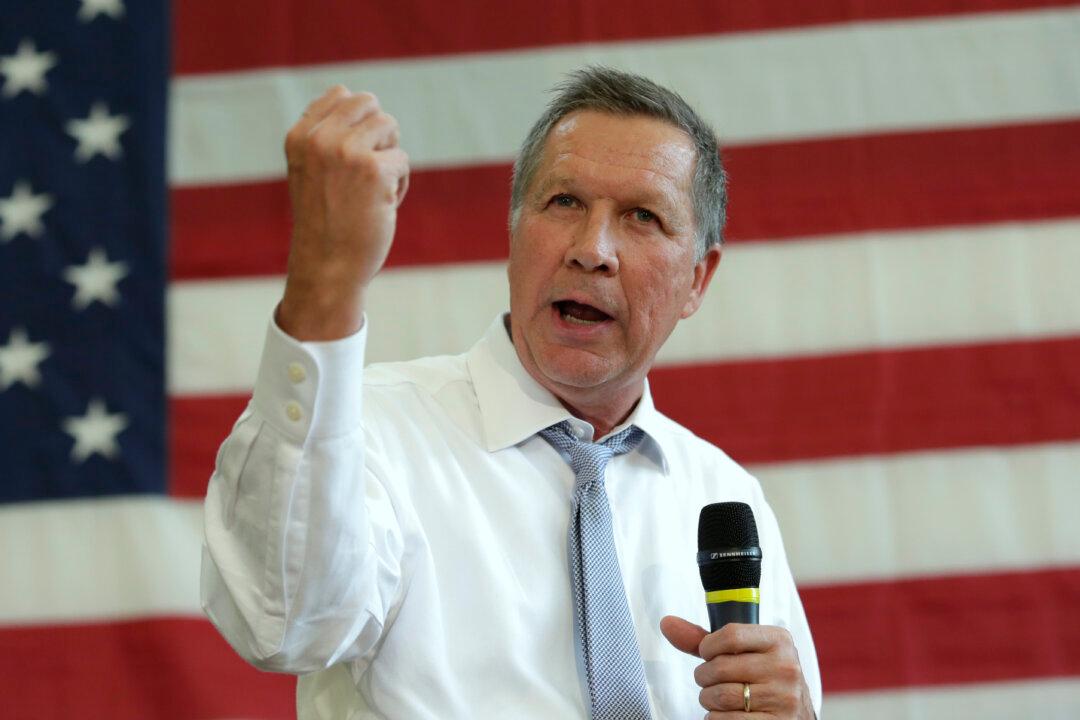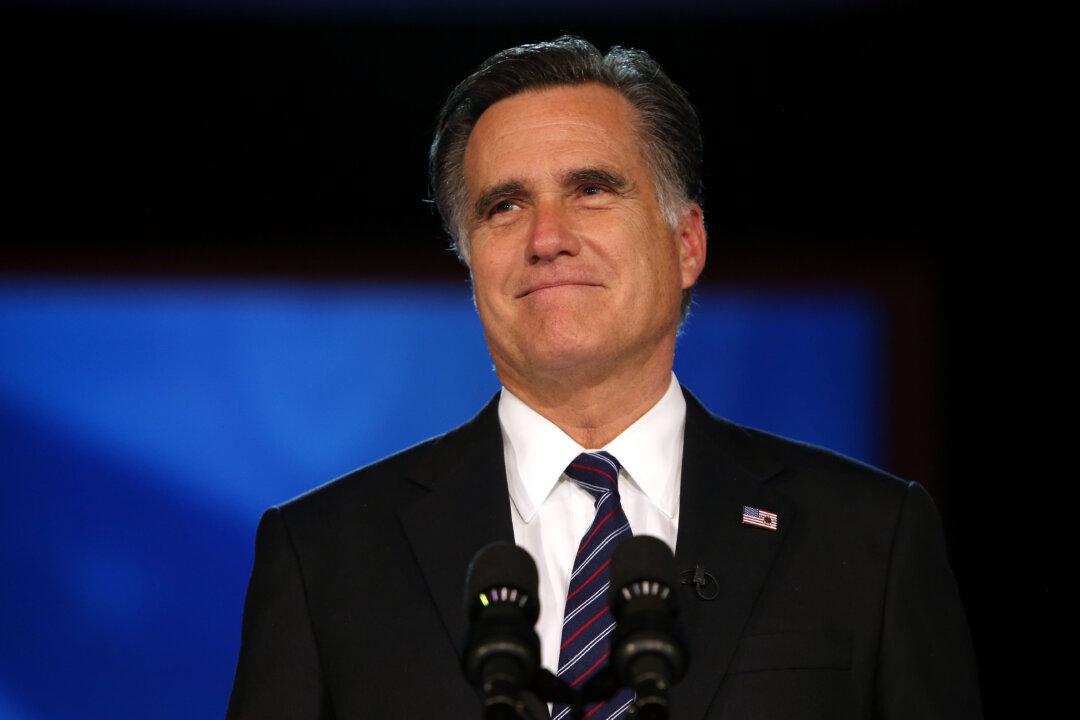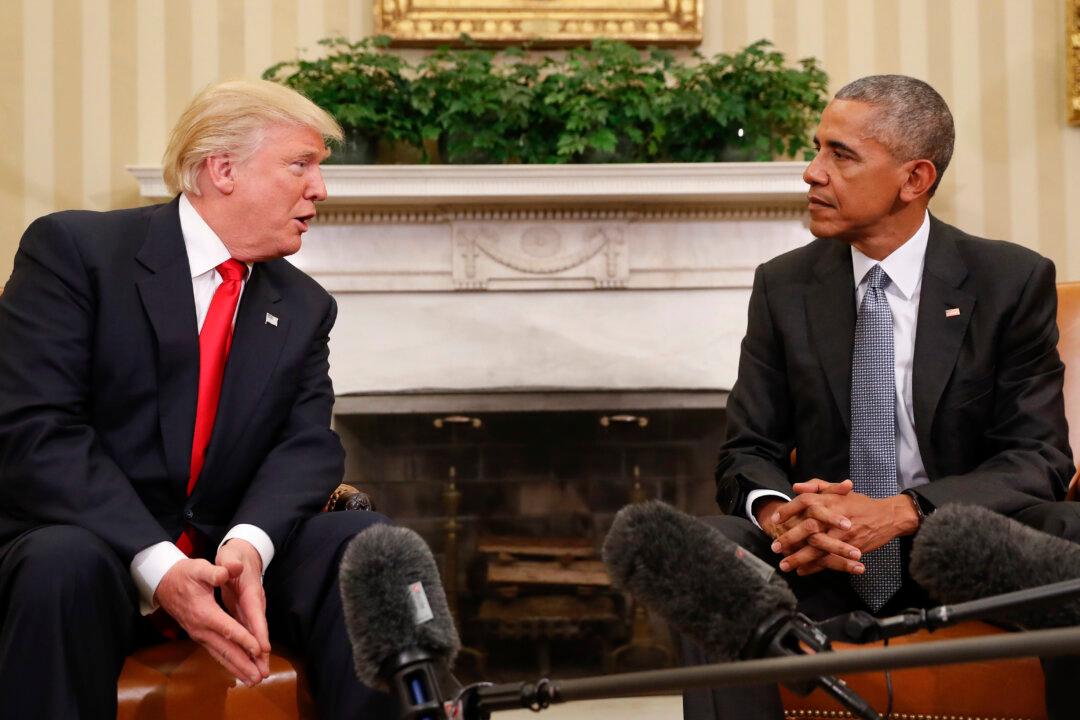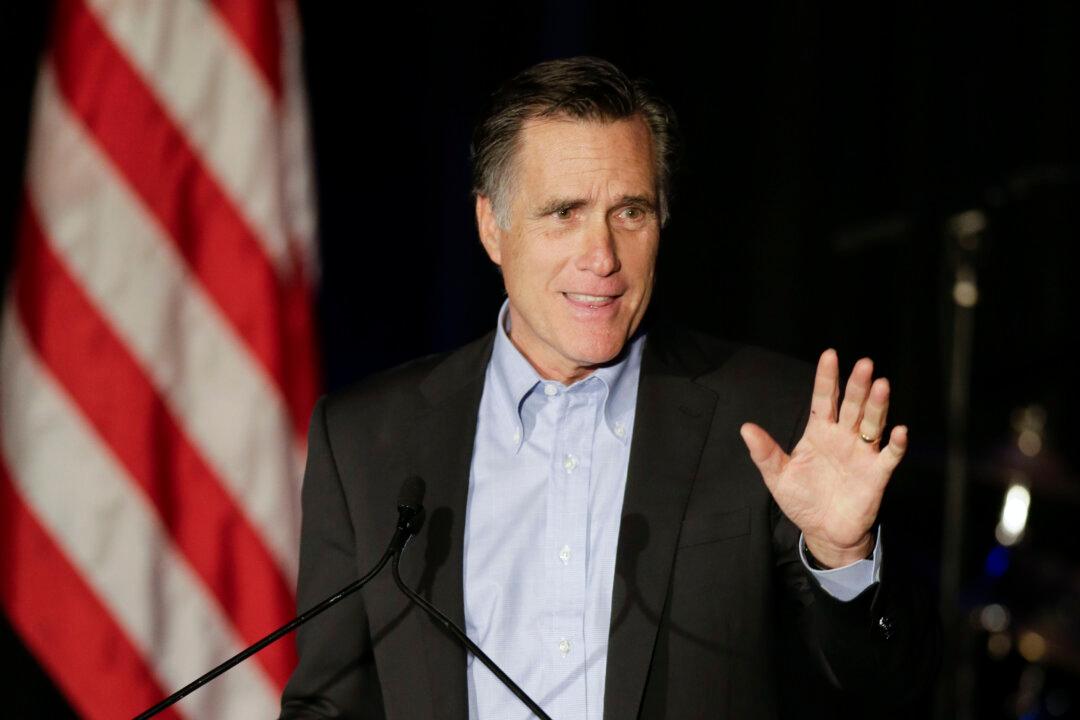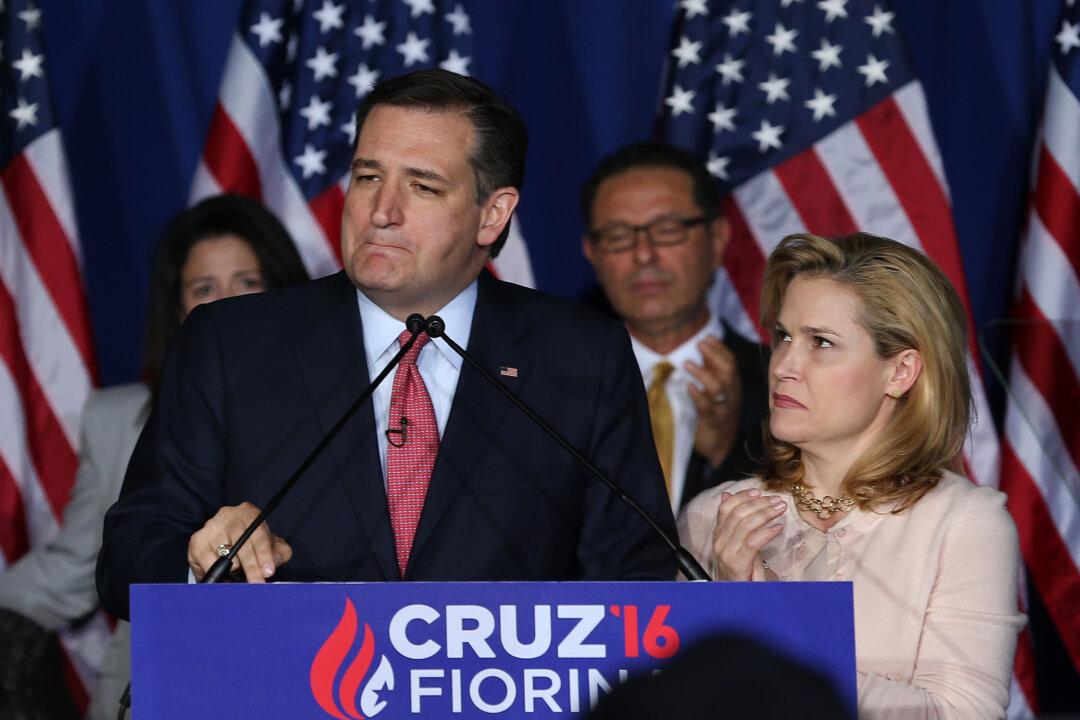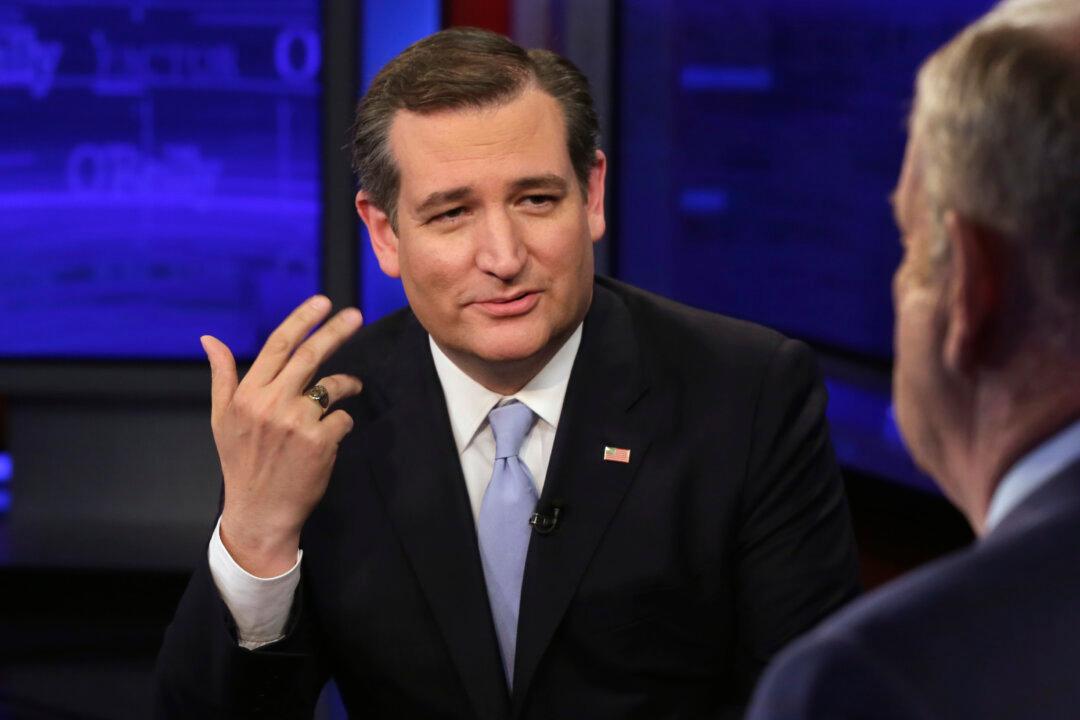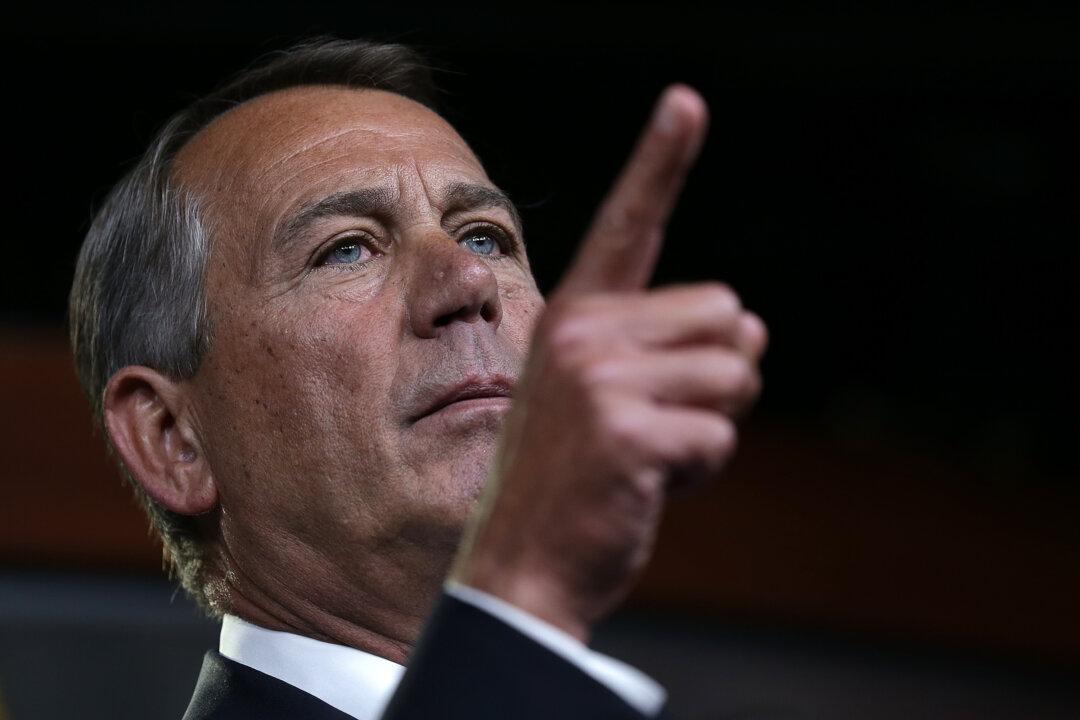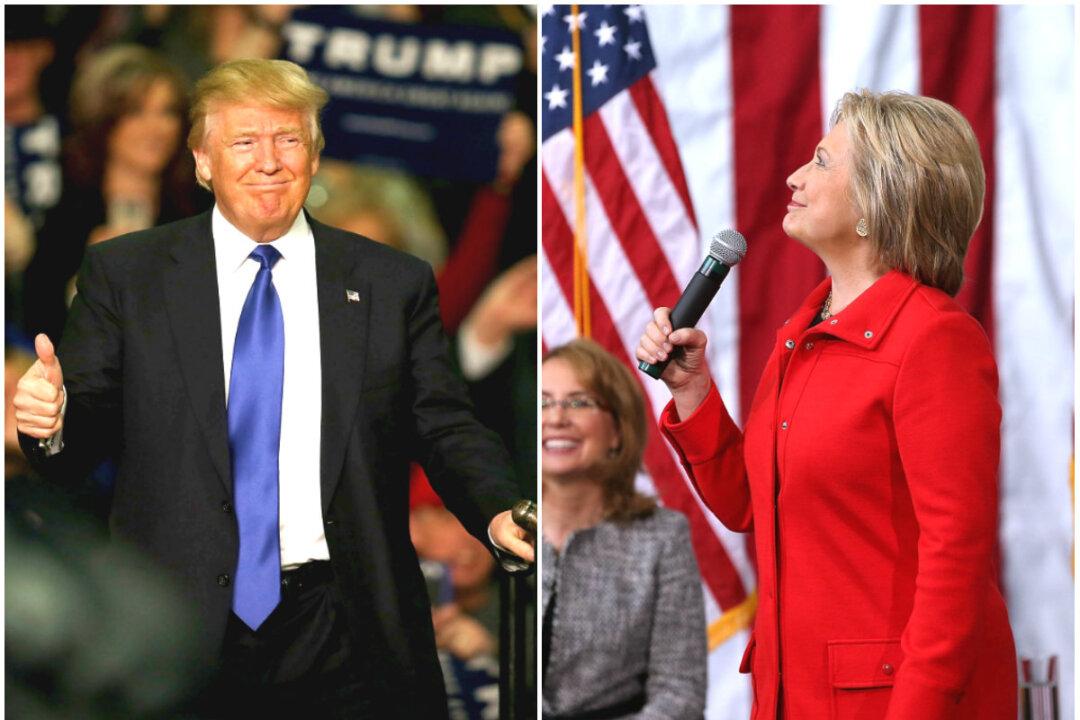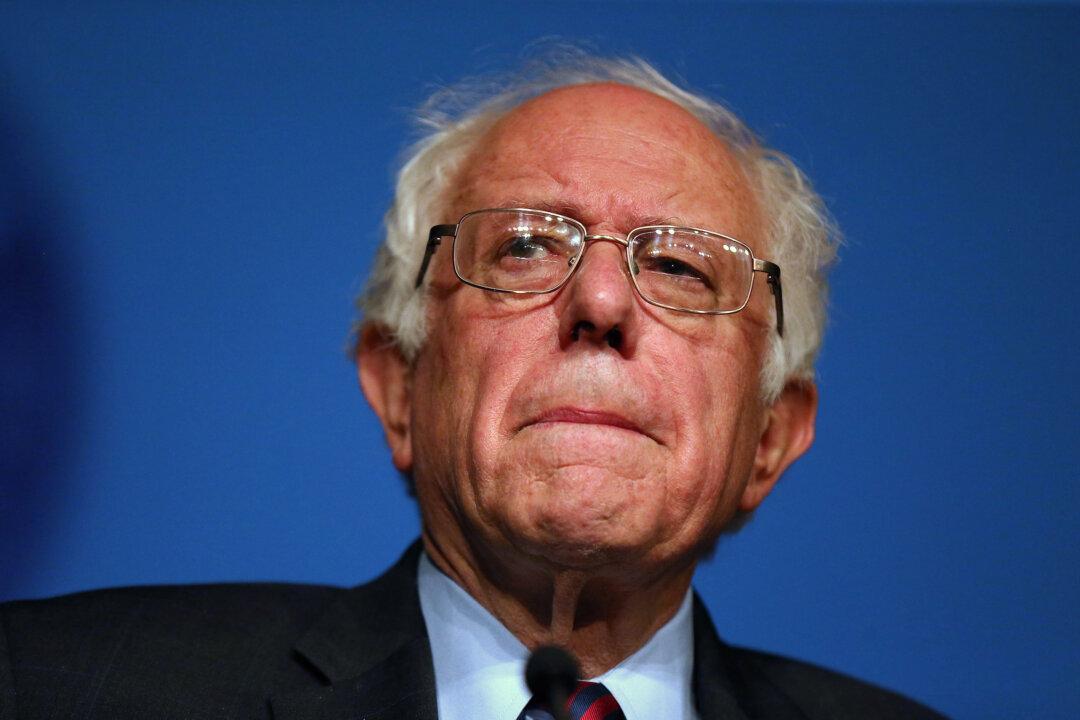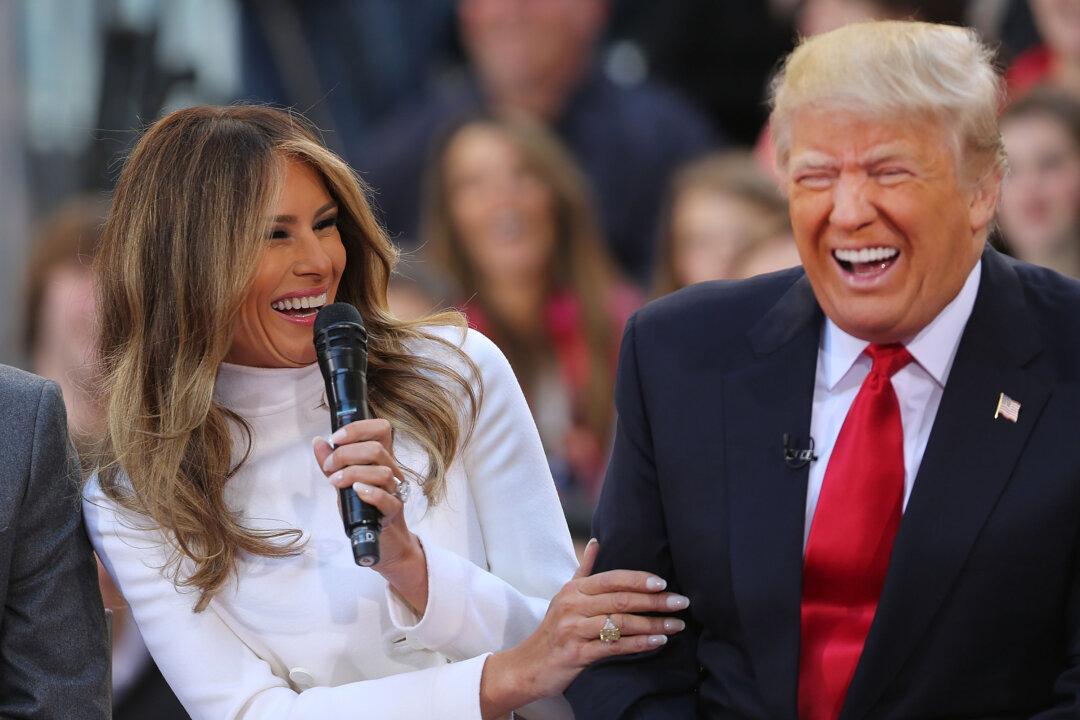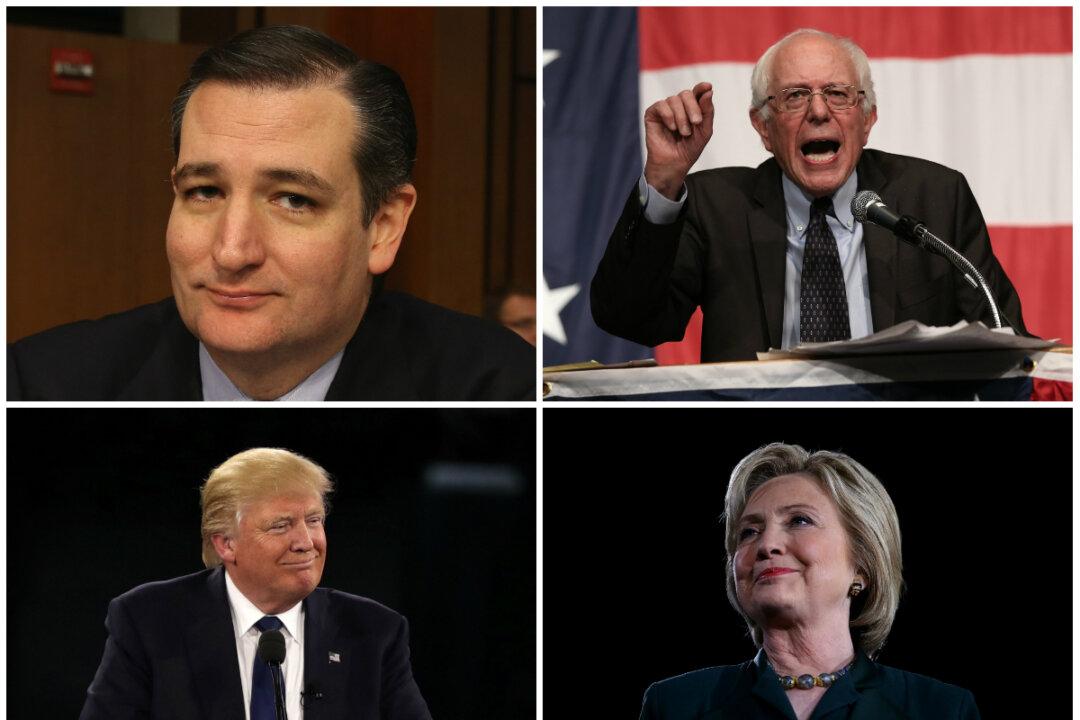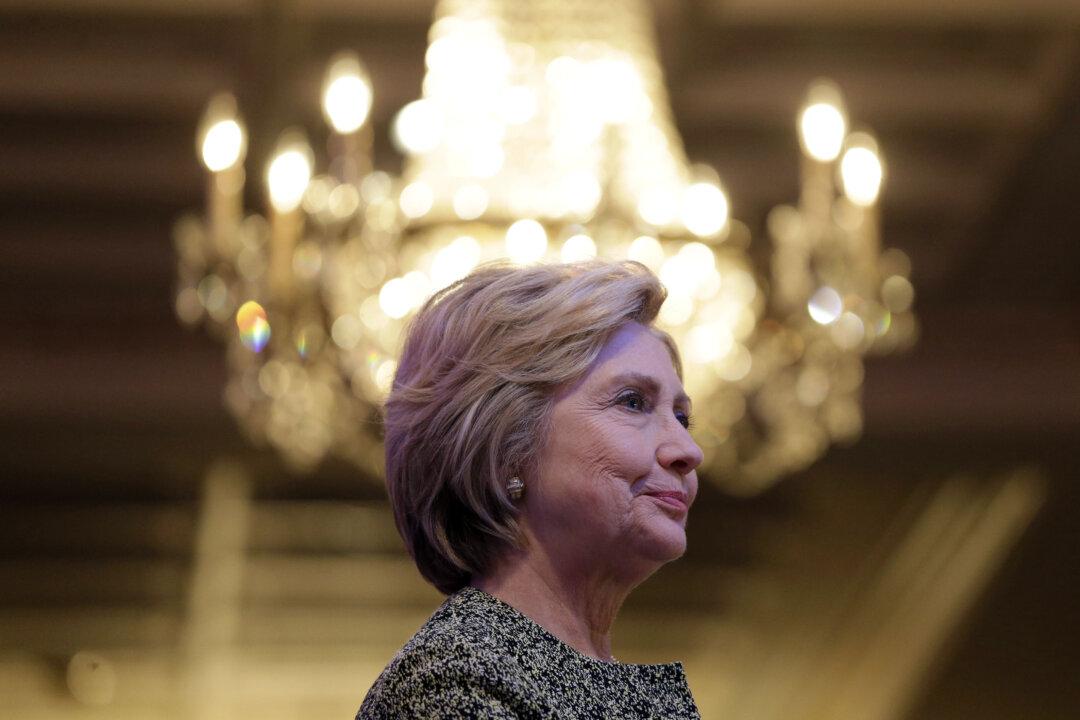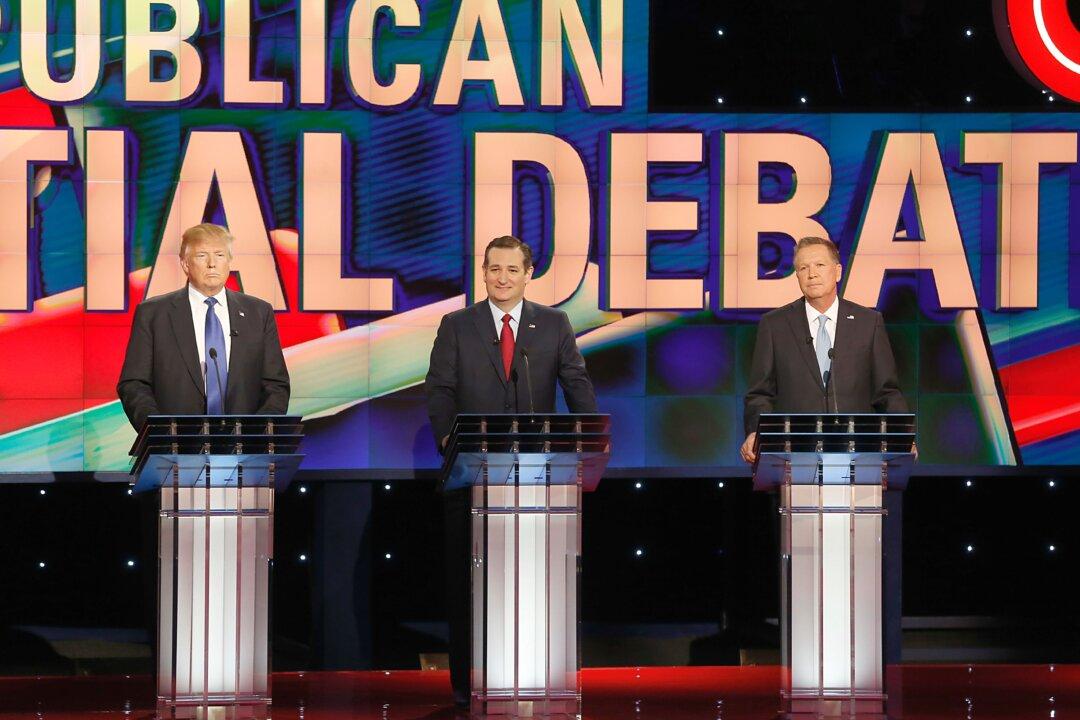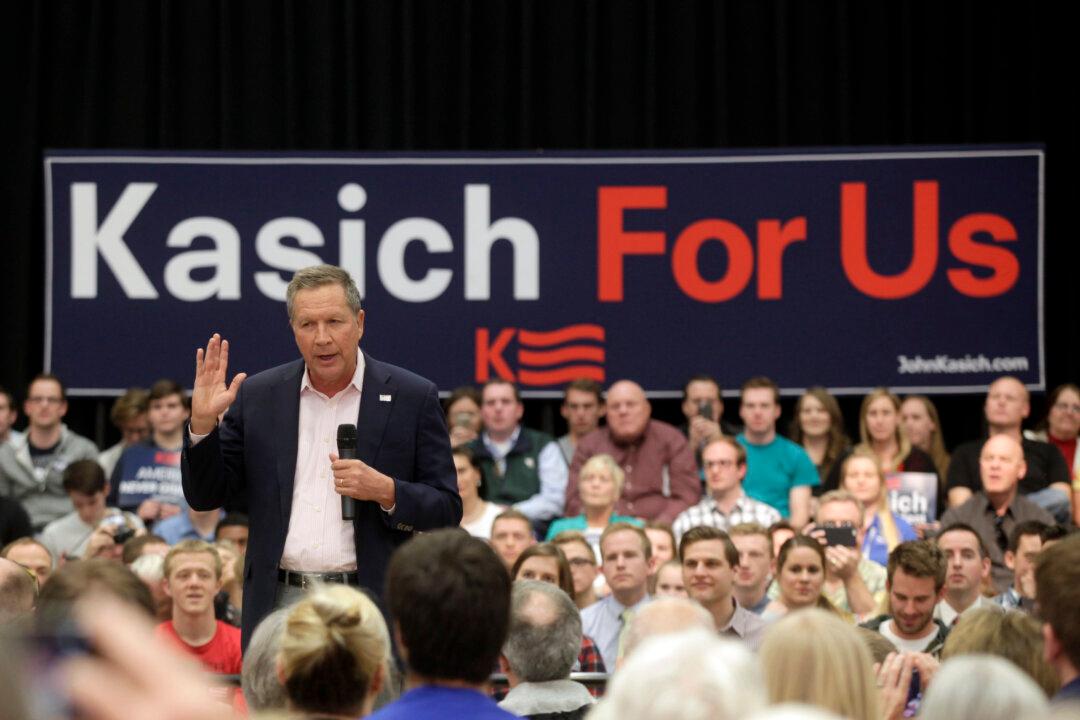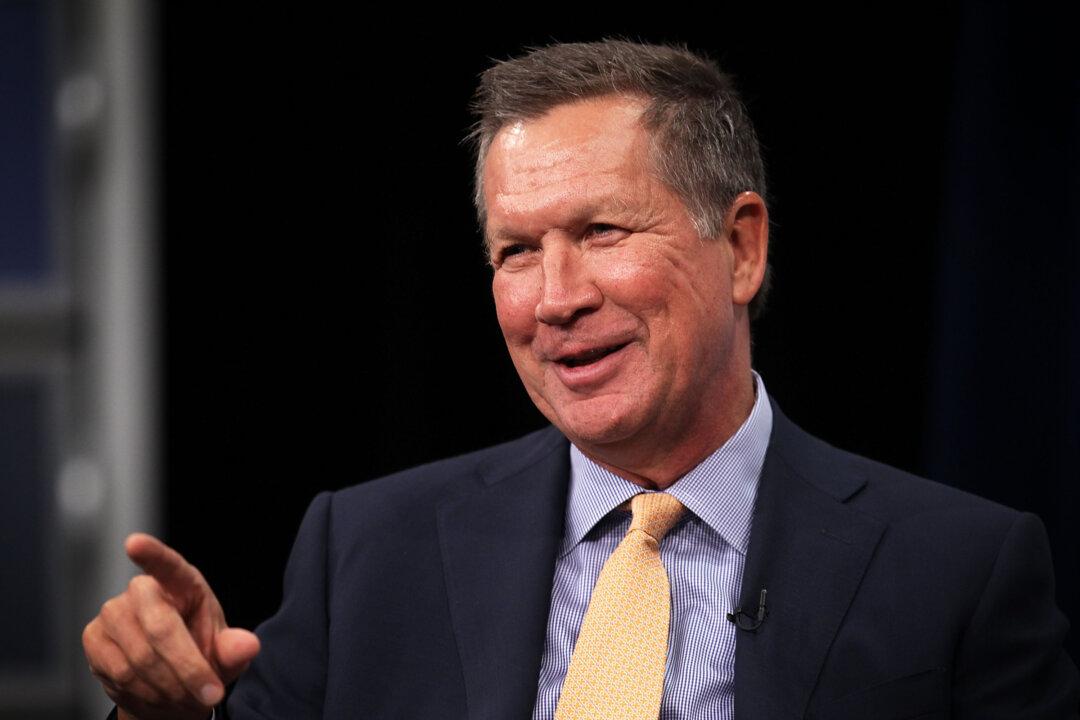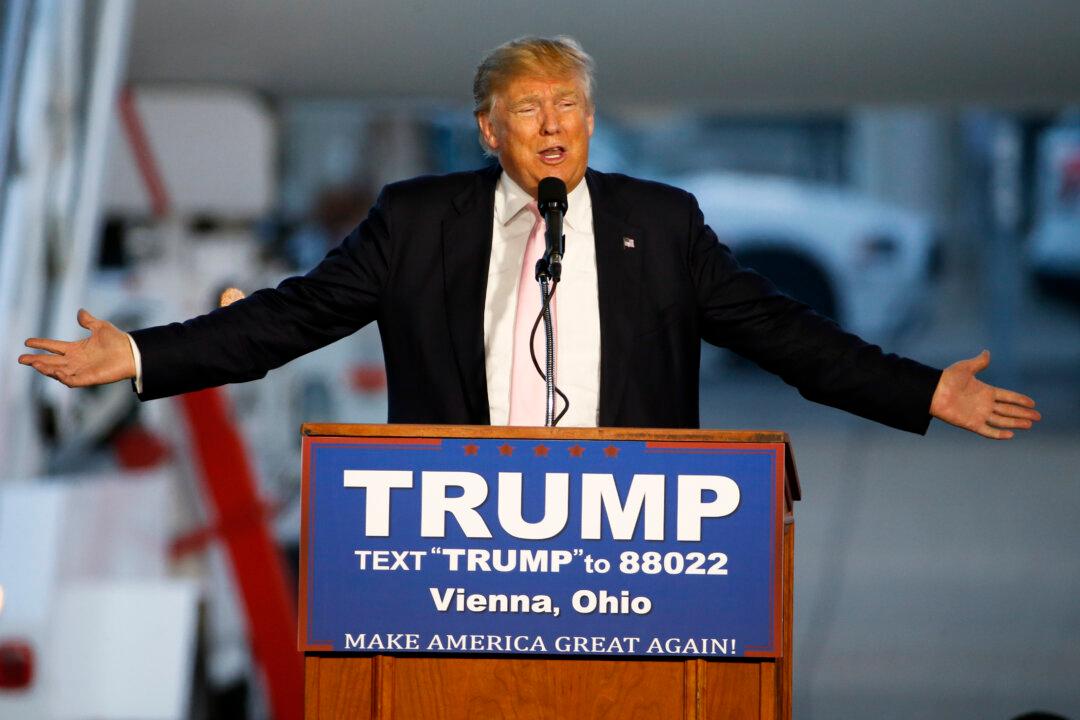Focus
John Kasich
LATEST
Romney Tries to Recruit Kasich, Ben Sasse for Third Party Run Against Trump
Donald Trump has become the presumptive GOP presidential candidate after both his rivals dropped out of the race, but a number of Republicans are working on a hail Mary.
|
Ted Cruz: There’s No Alliance With Kasich
Ted Cruz denied any alliance with fellow GOP presidential candidate John Kasich, just days after announcing that they were forming an anti-Trump coalition.
|
Former Speaker John Boehner Calls Ted Cruz ‘Lucifer in the flesh,’ Says Trump and Him Are ‘Texting buddies’
Former U.S. House Speaker John Boehner is not a fan of presidential hopeful Ted Cruz, and used some strong words to describe him during an evening talk at Stanford University on April 27.
|
Trump, Clinton Crush Opponents in Northeast
Tuesday, April 26, Donald Trump won majorities of the vote across all five northeastern states that voted.
|
As US Primaries Rumble On, Betting Markets Declare the Sanders Campaign All but Dead
Jeff Weaver, the campaign manager for Sanders, said that his candidate would stay in the race all the way to the convention even if Clinton had the pledged delegate and vote lead at the conclusion of the primary season.
|
5 Key Takeaways From the New York Primary
Two weeks ago Bernie Sanders and Ted Cruz seemed to have all the momentum in the presidential race. But on Tuesday night the narrative changed once again. So what do the New York results mean for the 2016 election?
|
Most Voters Say ‘Meh’—at Best—on the Presidential Field
At least half of Americans say they would be disappointed or even angry if either of the front-runners
|
What Is a Contested Convention and What Would One Mean for the GOP?
The possibility that the Republican primary race could end in a contested convention is a journalist’s dream and one that the media has speculated on during every electoral cycle in recent memory.
|
Choices by US Voters Will Influence the World
The U.S. primary season has slowly winnowed down the field of presidential candidates. “To date, the campaign debate has been dominated by multiple themes that could ultimately impact people outside the United States—trade, immigration, and terrorism, to name just a few,” explains Bruce Stokes, director of global economic attitudes at the Pew Research Center. Hillary Clinton, former U.S. secretary of state is Democratic Party’s front-runner after winning contests in five states on March 15. Donald Trump, real estate developer and television reality-show celebrity, leads among Republicans. A sharp divide between parties is reflected in public-opinion surveys: 31 percent of those polled cite trade as a top priority while 58 percent regard trade as beneficial for the country; half cite immigration as a priority while majorities of Democrats and Republicans support allowing undocumented immigrants to remain in the country. Terrorism shifted as a top priority, from 1 percent of respondents in 2014 to 75 percent early this year. Republicans and Democrats represent just over half of the U.S. electorate, and independents, about 40 percent, will help decide which candidate has the strength and skills to handle a range of global issues.
|
The View From Ohio: Kasich’s Win and What’s Next
Kasich’s Ohio victory makes a contested Republican convention more likely.
|
Trump Tops Rubio in Florida, Falls to Kasich in Ohio
WASHINGTON— Donald Trump won a decisive victory in Florida’s primary Tuesday night, forcing home-state Sen. Marco Rubio to abandon the race for the Republican presidential nomination. The brash billionaire also picked up North Carolina and Illinois, ...
|
Romney Tries to Recruit Kasich, Ben Sasse for Third Party Run Against Trump
Donald Trump has become the presumptive GOP presidential candidate after both his rivals dropped out of the race, but a number of Republicans are working on a hail Mary.
|
Ted Cruz: There’s No Alliance With Kasich
Ted Cruz denied any alliance with fellow GOP presidential candidate John Kasich, just days after announcing that they were forming an anti-Trump coalition.
|
Former Speaker John Boehner Calls Ted Cruz ‘Lucifer in the flesh,’ Says Trump and Him Are ‘Texting buddies’
Former U.S. House Speaker John Boehner is not a fan of presidential hopeful Ted Cruz, and used some strong words to describe him during an evening talk at Stanford University on April 27.
|
Trump, Clinton Crush Opponents in Northeast
Tuesday, April 26, Donald Trump won majorities of the vote across all five northeastern states that voted.
|
As US Primaries Rumble On, Betting Markets Declare the Sanders Campaign All but Dead
Jeff Weaver, the campaign manager for Sanders, said that his candidate would stay in the race all the way to the convention even if Clinton had the pledged delegate and vote lead at the conclusion of the primary season.
|
5 Key Takeaways From the New York Primary
Two weeks ago Bernie Sanders and Ted Cruz seemed to have all the momentum in the presidential race. But on Tuesday night the narrative changed once again. So what do the New York results mean for the 2016 election?
|
Most Voters Say ‘Meh’—at Best—on the Presidential Field
At least half of Americans say they would be disappointed or even angry if either of the front-runners
|
What Is a Contested Convention and What Would One Mean for the GOP?
The possibility that the Republican primary race could end in a contested convention is a journalist’s dream and one that the media has speculated on during every electoral cycle in recent memory.
|
Choices by US Voters Will Influence the World
The U.S. primary season has slowly winnowed down the field of presidential candidates. “To date, the campaign debate has been dominated by multiple themes that could ultimately impact people outside the United States—trade, immigration, and terrorism, to name just a few,” explains Bruce Stokes, director of global economic attitudes at the Pew Research Center. Hillary Clinton, former U.S. secretary of state is Democratic Party’s front-runner after winning contests in five states on March 15. Donald Trump, real estate developer and television reality-show celebrity, leads among Republicans. A sharp divide between parties is reflected in public-opinion surveys: 31 percent of those polled cite trade as a top priority while 58 percent regard trade as beneficial for the country; half cite immigration as a priority while majorities of Democrats and Republicans support allowing undocumented immigrants to remain in the country. Terrorism shifted as a top priority, from 1 percent of respondents in 2014 to 75 percent early this year. Republicans and Democrats represent just over half of the U.S. electorate, and independents, about 40 percent, will help decide which candidate has the strength and skills to handle a range of global issues.
|
The View From Ohio: Kasich’s Win and What’s Next
Kasich’s Ohio victory makes a contested Republican convention more likely.
|
Trump Tops Rubio in Florida, Falls to Kasich in Ohio
WASHINGTON— Donald Trump won a decisive victory in Florida’s primary Tuesday night, forcing home-state Sen. Marco Rubio to abandon the race for the Republican presidential nomination. The brash billionaire also picked up North Carolina and Illinois, ...
|



